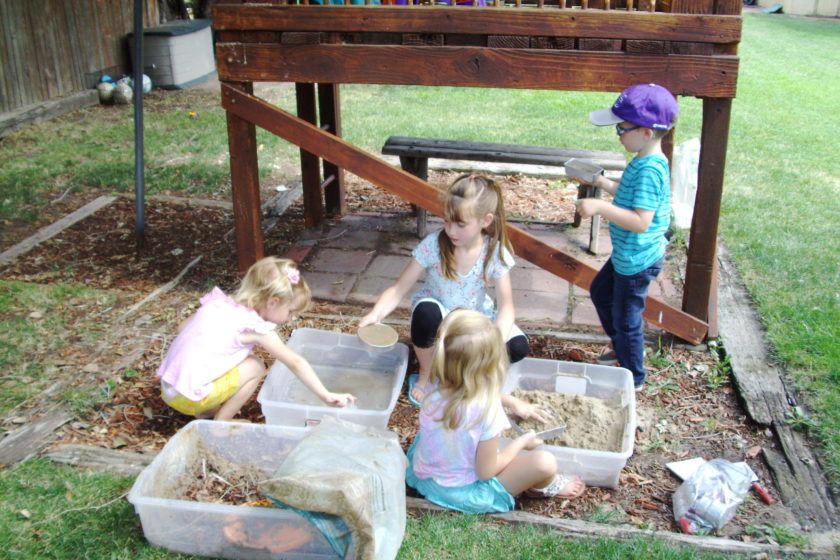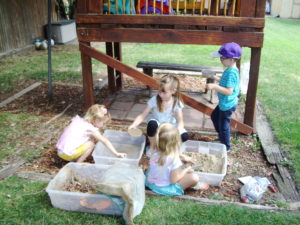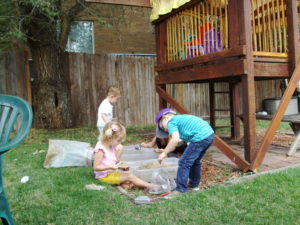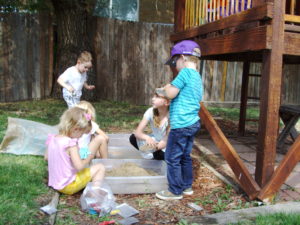
by Teri Ong
We have had several serious-minded discussions this summer with our millennial son
about how “millennials” think and analyze the pop culture of the moment. This has been in the
context of churches making choices to use certain styles and genres in the arts in order to
“connect” with the millennial generation. This has been a topic of discussion because the
association of churches that our church is part of has been grappling with the issue of
“conservative” versus “contemporary” worship recently. Grappling with the issue now, however,
feels likes swinging late at a ball that is already in the catcher’s mitt, but at least it was only strike
two!
Our son, who is generally sympathetic with conservative worship styles in corporate
church worship, has been trying to help us formulate our arguments by giving us batting practice,
so to speak. He has backed us out of the batter’s box on purpose a few times to sharpen our
logic. He assures us that churches that use various types of “classic rock” music and other types
of pop music have done so to appeal to the aging “boomer” generation that came of age postPresley,
but that it has little effect on his generation. He told us that it would be impossible for a
church to pick one style or genre of pop music that would have enough universal appeal to draw
in a crowd of millennials. His generation, after all, has grown up with the “personal play list,”
Pandora, and preference algorithms.
A pastor friend of ours recently published his defense of “contemporary Christian music”
in church worship, which included the notion that rock music is okay now because it is no longer
associated with rebellion because rebellion is now mainstream. Our son would say that with his
generation, however, pop art does not represent rebellion against the old “establishment” because
it is an expression of total personal anarchy. The zeitgeist of the age is perfectly captured in its
primary art form– the “selfie.”
We have listened to his opinions with interest and only a slight bit of skepticism. The
skepticism is probably due to the fact that we have learned a few things about human nature and
the flow of generational history in the 50 years since our peers declared, “Don’t trust anyone over
the age of 30.” Now that we are 30 years plus over the 30-year limit, and decidedly on the
opposite side of the generation loss come from?
I have read old books for most of my life, and from the Reformers to the Puritans to the
Victorians, each generation has decried what it saw as a precipitous decline in virtue and piety.
Each generation in its maturity denounced their era as the worst ever. It seems to me that each
generation departs this life feeling that societal rectitude is spiraling downwards.
I do not believe that there was some “golden age” in the past that we are forsaking
generation by generation. Each generation has its own problems and temptations to deal with;
then new ones arise. At the time of Noah there were only 8 who found grace in the eyes of God.
To my knowledge, there has never been another generation about whom God said, “Every intent
of the thoughts of man’s heart was only evil continually.” (Gen 6:6) Even during one of Israel’s
lowest points, God said there were still 7,000 faithful to Him. There are probably many more
than that in just our own state at the present moment. So where does this generational feeling of
loss come from?
Each generation comes to maturity and joins the flow of adult life at a particular point in
history. We all hear some of the stories of our elders, but we have no real first-hand knowledge
of their experiences. I never had to read by a gas lamp or keep a coal furnace burning like my
grandmother. I never had to break the ice on the upstairs water pitcher to wash my face in the
morning like my grandfather. I never wore circular “poodle” skirts or “bobby” socks to school
like my mother. I never rode a horse to a one-room school like my dad.
My reading career began well after there were incandescent bulbs in every lamp in the
house. We had bathrooms on every floor with hot and cold running water. I wore pantsuits, and
occasionally got to drive my dad’s Firebird to my high school, which had 1200 students. I had no
sense of loss because my experience was very different from theirs. My “normal” was just fine.
But my “normal” would not include experientially appreciating the soft ambiance of a
gas-lit parlor or the benefits of a bracing gallop before school, instead of an enervating ride on a
noisy school bus. Though I did not sense it, my grandparents and my parents knew that there
were many ways my youthful experience was not as rich as theirs. Yes, there was a very real
generation gap between us. They perceived it as a “loss.” I felt it only as a racing on ahead, like a
liberated toddler at a playground, who never looks back. After all, what’s back there? Only forces
that might put the brakes on our fun.
Now, with 45 years of adulthood to look back on, I understand more the sense of loss in
relation to the headlong rush to the future. The doctor who delivered our first three children was
very wise. He said, “Always remember, when the first tooth comes in, the toothless grin is gone.
Each new phase is a passing of an old one.”
As our son was extolling the virtues of all things “personalized” via all things digital, I
started thinking of some of the things that are lost to his generation. Here are a few I thought of.
– When we only had 4 to 5 choices in any given time slot on TV, we spent less time
making choices, and we spent less time watching because there wasn’t always something on we
wanted to watch.
– When there was no way to make a recording of a show, we didn’t do any “binge”
watching of our favorites. Our favorites were a treat to be anticipated and savored.
– When our “personalized” music collection was a big stack of vinyl LP’s to be played on
a record player which had to be plugged in somewhere, we could not have 24/7 access to our play
list. We did not become sated with our favorites unless the jukebox in the cafeteria was in use.
– When we had to type our papers on a typewriter, we were more thoughtful and careful
with our word choices and composition.
– When we had to do research in a real library, we got to browse through books and ideas
that we discovered for ourselves. They were not selected for us by a stranger’s algorithms. In the
process, we found many exciting things we weren’t necessarily looking for, that opened up new
horizons.
– When we had to use real maps and our own map skills, we had a better sense of our
place in the wider world, and were inspired to see what was along some of the small “blue”
roadways with interesting names.
– When there was no Google and no Alexa, we had to ask real people with real specialties
to help us get information. We also had to remember things, not just retrieve them, which meant
we had to analyze which things were worth remembering. We learned to do this for ourselves,
instead of relying on Silicon Valley “group think” or the latest on-line polling data.
– When we put ill-advised opinions down on paper in a “slam book,” the book could be
burned. When it was gone, it was really gone, not somewhere in the “cloud,” forever able to
haunt us.
I know this sounds very curmudgeonly. I am right now finding it funny that my spellchecker
can find “curmudgeonly” but not “Google.” That’s a knee-slapper for Curmudgeons-RUs!
You are probably thinking my sense of loss is only because I am losing out on all the things
my grandchildren already know how to access with a baby-proof touch screen. My sense of loss,
however, is really about children who only know how to live life on-line. Many of them have lost
a connection to the green earth God has made and to the real people who populate it.
Several months ago I found a bag of little tin baking pans and utensils that were
miniatures of the pans my mother used in her kitchen. The miniatures were the same as the ones
my aunt kept for us to use in the sandbox when we came for a visit. Some of the fondest
memories of my childhood are of sitting in a cardboard box filled with Lake Superior beach sand
in Duluth, Minnesota, playing “house” with our little tin pans.
I picked up the bag in the thrift store. I thought $7 was a little dear for some well used
little pans, but for auld lang syne, I couldn’t leave them on the shelf. And it has turned out to be
the best $7 I ever spent!
This summer, Steve and I (AKA Grampa and Grammy) put out a flat plastic bucket of
sand and another of water in our backyard when our grandchildren were going to be there. All of
them have happily given up all things electronic to make mud pies in real pie pans to serve to
their cousins. What a joyful mess they have made on several occasions! This, at least, is one part
of the past that will not be lost to them.

I hope Millennials and whoever comes after them into adult life will realize that some
things are worth conserving, and that progress is not always toward the best goals. It is not a bad
thing to listen to your elders at least as much as you listen to Alexa.